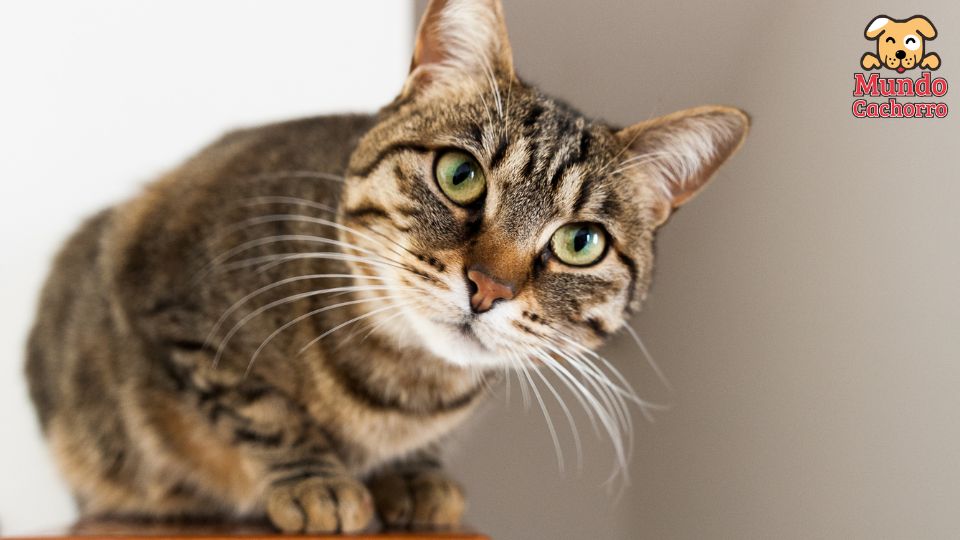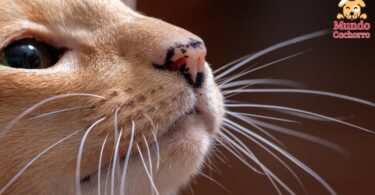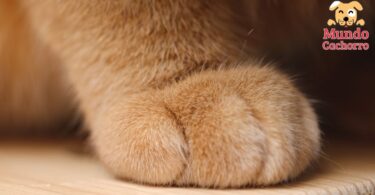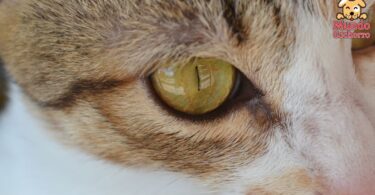Cats have been inseparable companions of human beings for thousands of years.
They have been present in our homes, mythologies and cultures, leaving an indelible mark on our lives.
But have you ever wondered what would happen if cats suddenly disappeared from the planet? The absence of these cats would have profound consequences, affecting not only our daily lives, but also ecosystems and the global economy.
Indice
Cats and ecological balance
Cats, both domestic and stray, play a crucial role in controlling rodent and other small mammal populations. These animals, in the absence of natural predators such as cats, may experience uncontrolled growth.
Rodents, in particular, are known for their rapid reproductive capacity and their ability to adapt to diverse environments.
If cats were to disappear, rodent populations could increase exponentially, bringing with them a host of problems. In urban areas, this could mean a higher incidence of pests, with all the attendant drawbacks, such as the spread of disease and damage to infrastructure.
In rural areas, the lack of control over rodents could seriously affect agriculture, as these animals are known for destroying crops and storing food.
Ataxia in cats home treatment
In addition, the disappearance of cats could cause an imbalance in other predators competing for the same prey. Animals such as foxes, owls and snakes, which also prey on small mammals, could face increased competition from each other, further upsetting the balance of ecosystems.
Public health impact
Cats have historically been one of mankind’s main allies in the fight against disease-transmitting pests. In the Middle Ages, for example, the lack of cats in some European cities contributed to an increase in the rat population, which facilitated the spread of bubonic plague.
Although we have better pest control tools today, the disappearance of cats could still have serious public health consequences.
Without cats, rodent populations could increase, and with them, the incidence of cat-borne diseases such as hantavirus, leptospirosis and salmonellosis. These diseases not only affect people, but also other domestic animals, which could create a large-scale public health problem.
4 reasons why cats love cardboard boxes
In addition, cats help control insect populations, such as cockroaches, which are also vectors of disease. Without cats, combating these pests would become more complicated and costly, affecting both homes and commercial establishments.
Economic consequences
The disappearance of cats would have a considerable economic impact on various sectors. On the one hand, the pet food industry, which generates billions of dollars annually, would be severely affected.
The sale of cat-specific products, such as food, toys and accessories, represents a significant part of this market.
The veterinary industry would also suffer a significant loss. Cats represent a large part of the clientele of veterinary clinics and hospitals, and their disappearance could lead to the reduction of services and the loss of jobs in this sector.
In addition, the disappearance of cats would also affect the agricultural economy. Farmers would have to invest more in pest control methods, which would increase production costs. This, in turn, could lead to an increase in food prices, affecting consumers and the economy in general.
Changes in daily life and culture
Beyond the ecological and economic impacts, the disappearance of cats would have a profound effect on the daily lives of millions of people. Cats are not just pets; for many, they are family members, life companions and a constant source of joy and comfort.
In psychological terms, the absence of cats may increase stress and anxiety levels in many people. Studies have shown that interaction with cats and other pets has positive effects on mental health, reducing stress and promoting relaxation.
Without these feline companions, many people may feel an emotional void that is difficult to fill.
In addition, popular culture would also be affected. Cats have been featured in countless movies, books, memes and advertising campaigns.
Their presence in popular culture is so strong that their disappearance would leave a gap that would be difficult to fill.
The influence of cats in art, literature and the media is undeniable, and their absence would be felt in all these areas.
Alternatives and adaptations
In a hypothetical scenario in which cats disappeared, mankind would have to adapt quickly to meet the challenges that would arise. Science and technology would play a crucial role in finding solutions to control rodent and other pest populations.
Methods such as the introduction of alternative predators, the use of bio-controllers, and the implementation of new pest management technologies would be essential.
On the other hand, people seeking companionship in their homes could turn to other pets. However, no other animal could completely replace the place that cats have occupied for centuries in people’s lives.
Dogs, birds, fish and other animals can provide companionship, but the uniqueness of the feline character would leave a noticeable absence. The disappearance of cats would have profound and lasting consequences on many aspects of our lives. From the impact on ecosystems to changes in daily life and culture, a world without cats would be radically different.
This hypothetical scenario reminds us of the importance of valuing and protecting all species that coexist with us, as each plays a crucial role in the balance of our planet.








